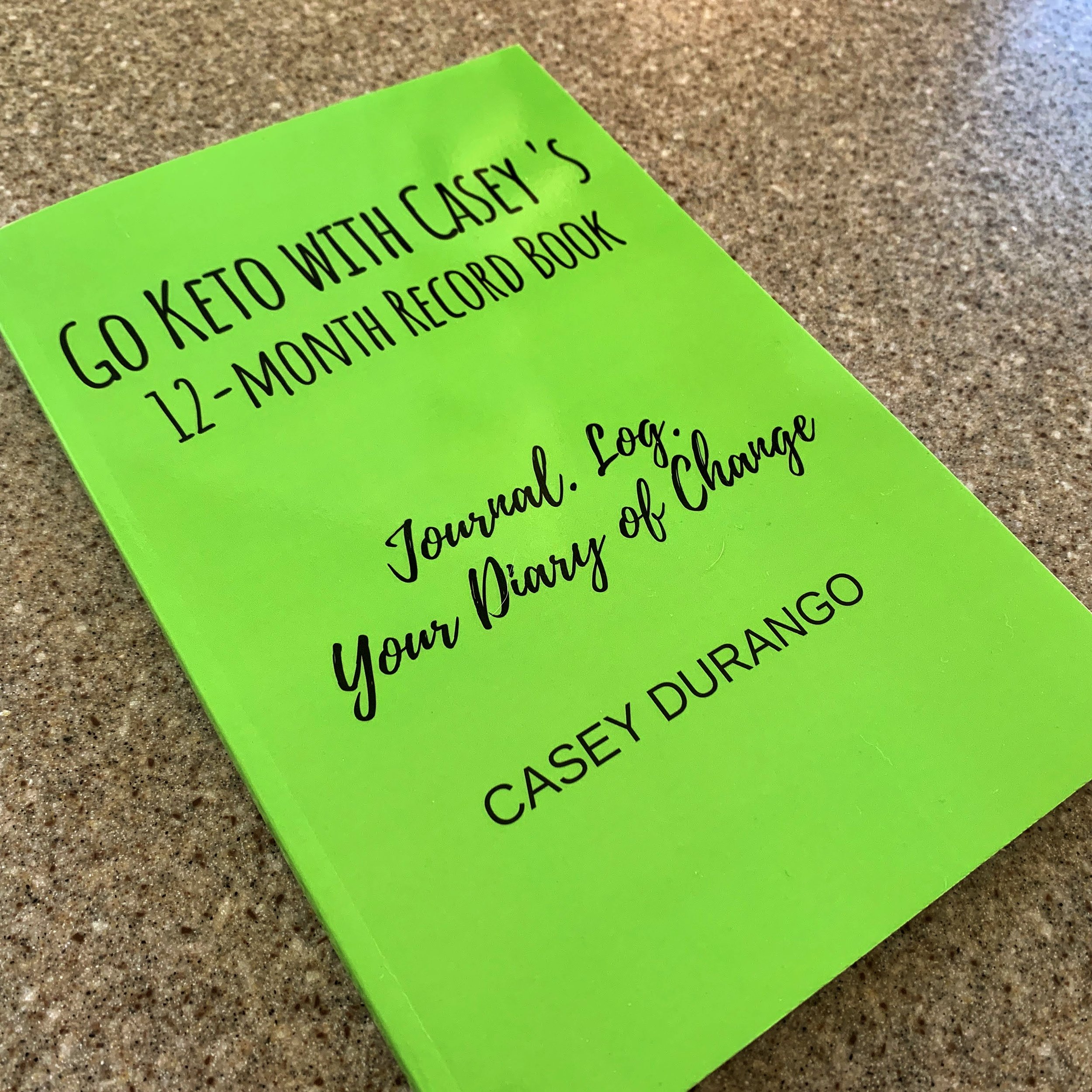Keto and Analysis Paralysis
/Have you ever felt overwhelmed by all the conflicting advice and recommendations regarding the ketogenic protocol—not to mention the dire warnings about how bad for you it is? To whom should listen? What does our experience and common sense tell us about what hasn’t worked for us? And why does everyone seem to be yelling?
Read More



